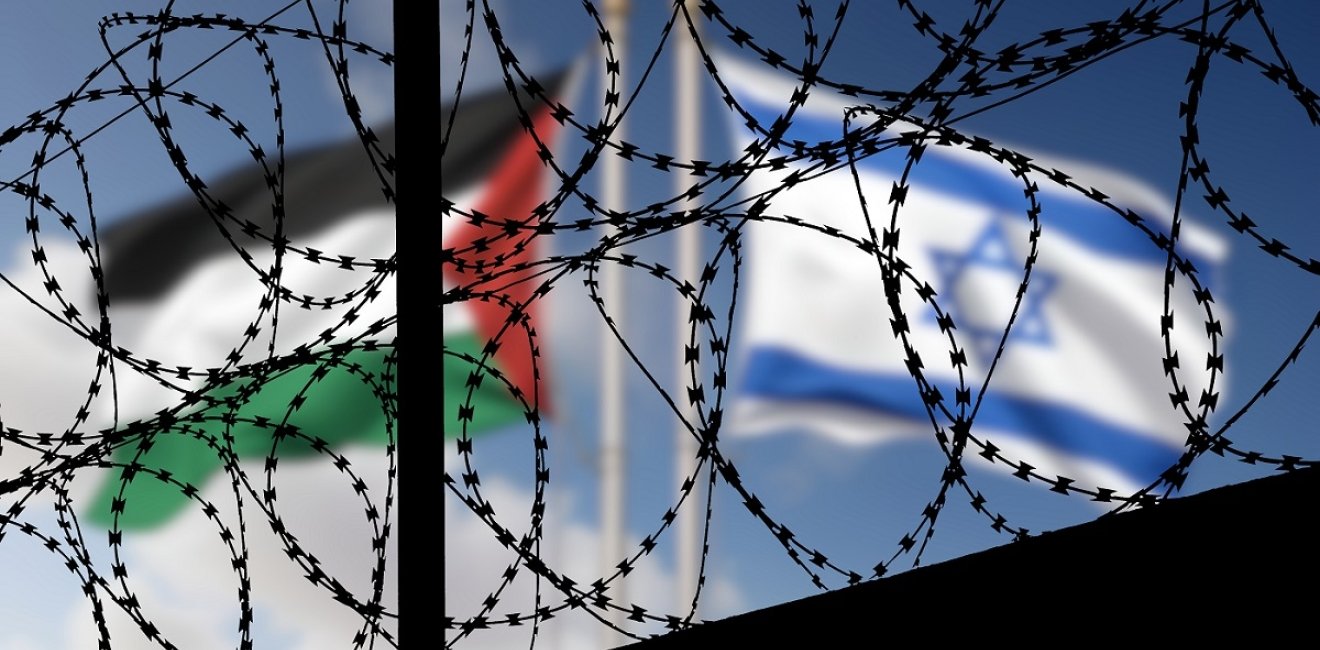
A blog of the Wilson Center
63% of Palestinians in the West Bank and Gaza would prefer Hamas control of Gaza to either the return of Palestinian Authority under Mahmoud Abbas or a “local authority formed by Israel.” At the same time, 80% of Palestinians surveyed say they have not seen videos of Hamas atrocities against Israeli women and families.
Seven months after Hamas’s horrific terrorist attacks on Israel, any permanent ceasefire appears far off. October 7 darkened the lives of countless Israeli families—from those who have seen loved ones killed, injured, or taken hostage, to those who have friends and family serving in the country’s defense forces. Nearly two million Gazans (85% of the population) have been displaced in the wake of the attacks and more than 3 million Palestinians across the West Bank and Gaza (WB-G) are in need of humanitarian assistance. Hamas continues to hold hostages (including Americans), and Israeli authorities are still planning a full ground offensive into the southern city of Rafah, reportedly the last major Hamas stronghold.
In a January Stubborn Thing, I noted how the absence of objective, trusted media in the region was obscuring Palestinian perceptions of the key actors in WB-G. The Western media is covering the consequences of Israeli strikes on Gaza. However, a November 2023 survey from the Palestinian Center for Policy and Survey Research (PSR) conducted in conjunction with Germany’s Konrad Adenauer Stiftung suggests that the media consumed by Palestinians in WB-G is not reporting many aspects of the conflict. 85% of Palestinians in WB-G said they had not seen any of the videos posted by international media showing the horrific attacks by Hamas militants on Israeli civilians, including clear evidence of the rape and torture of women and children. As a result, more than 90% said they believed Israel had committed war crimes in Gaza, but only 5% believed that Hamas had committed atrocities on October 7. According to PSR, “those who have seen the videos are almost 10 times more likely to think that Hamas men have committed atrocities….”
The void of information persists: In the latest PSR survey, conducted in mid-March, 80% of Palestinians said they still hadn’t seen videos of Hamas atrocities and 60% said the media they turn to doesn’t show them.
The media imbalance may also be affecting how Palestinians view their future and the plausibility of alternatives to Hamas rule. The latest PSR survey suggests that while a plurality believes Israel and Hamas will achieve a permanent ceasefire (40% of all Palestinians, 27% of Gazans), more than a quarter expect the war to continue and another quarter of poll respondents also believe it will expand to involve more countries and actors.
Perhaps more disturbing are Palestinian views and perceptions on Gaza’s longer-term future. PSR survey data shows that most Palestinians believe Hamas will emerge from the conflict victorious (64%, a slight drop from 70% in the previous survey) and nearly 60% think Hamas will be in control of Gaza after the current conflict is over. When given a range of possible scenarios, more than 60% said they would prefer Hamas control in Gaza over either the return of the Palestinian Authority under Mahmoud Abbas (less than 20%) or the establishment of “a local authority formed by Israel” (around 1%).
Wars often involve two very different kinds of battles. The first is a hard power conflict involving militants and soldiers, bullets and bombs. The second is a conflict of competing narratives and clashing perceptions. In WB-G and the surrounding region, Hamas and its allies appear to be dominating what every day Palestinians see and don’t see from their information sources.
If Palestinian families—especially Palestinian youth—aren’t seeing what actually happened on October 7, but are feeling the pain of displacement and humanitarian need, why wouldn’t they see Israel as a permanent enemy or have any faith in the possibility of a more just and more prosperous future?
This blog was researched and drafted with support from Chris Cao and Katherine Schauer.
Author


Middle East Program
The Wilson Center’s Middle East Program serves as a crucial resource for the policymaking community and beyond, providing analyses and research that helps inform US foreign policymaking, stimulates public debate, and expands knowledge about issues in the wider Middle East and North Africa (MENA) region. Read more

Explore More in Stubborn Things
Browse Stubborn Things
Spying on Poachers

China and the Chocolate Factory

India: Economic Growth, Environmental Realities

